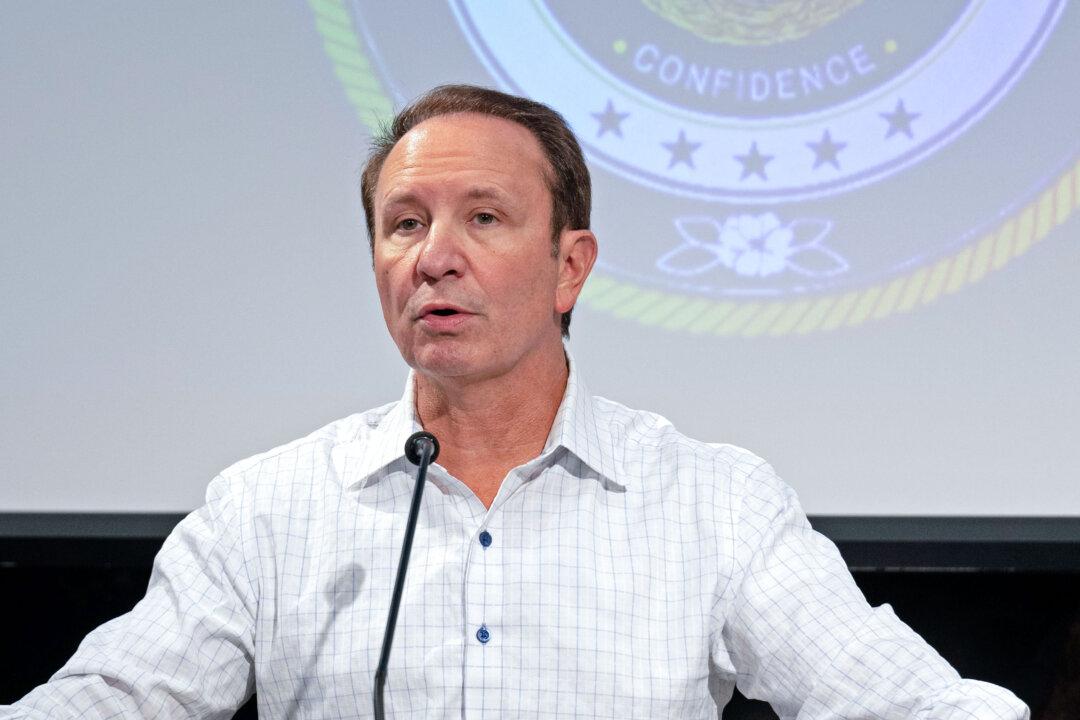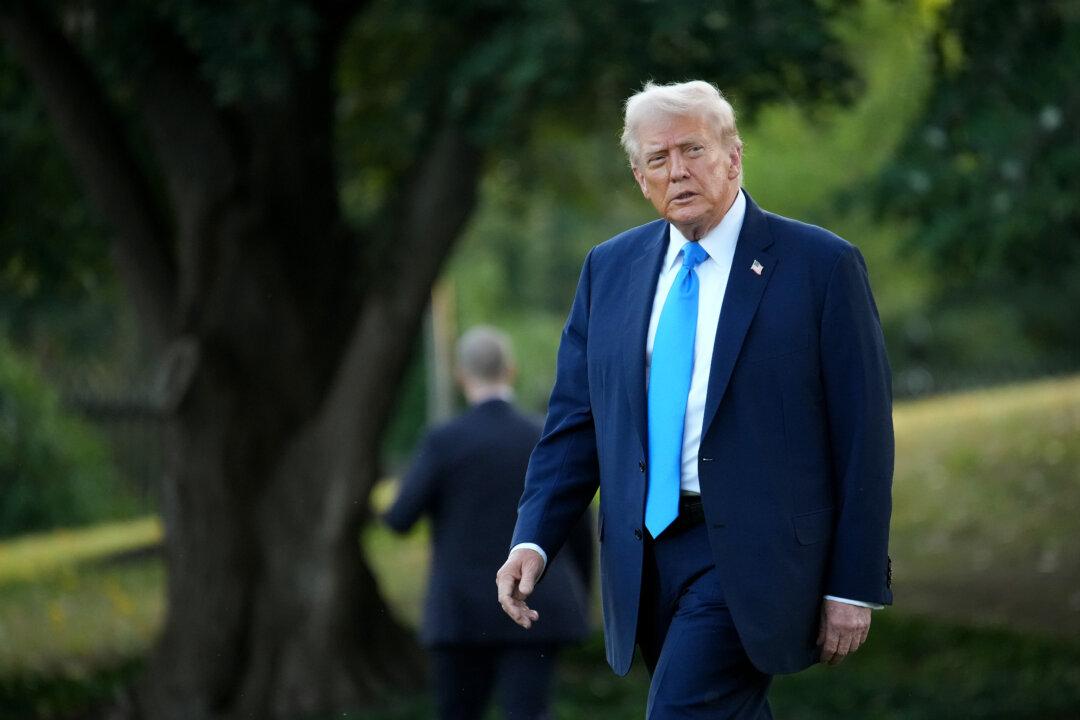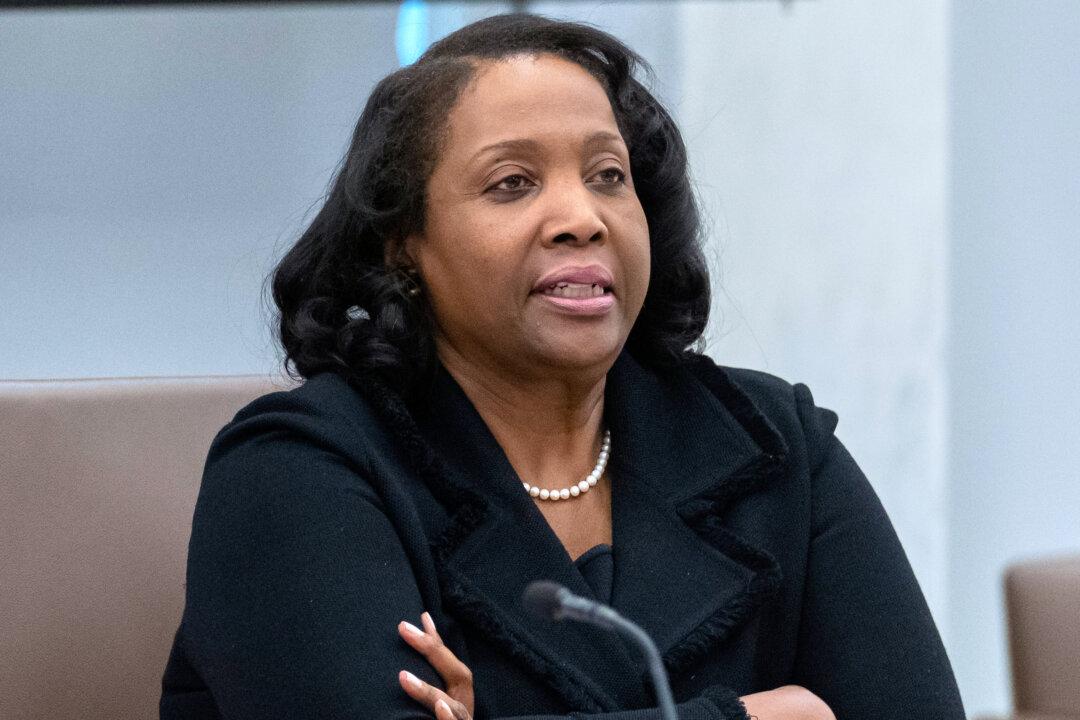NEW YORK—Former President Donald Trump appeared remotely in the Manhattan Criminal Court on Tuesday to hear a judge’s instructions on his handling of discovery evidence in the criminal case brought against him by Manhattan District Attorney Alvin Bragg.
The hearing was Trump’s first appearance after the former President pleaded not guilty in April to 34 counts of felony-level falsifying business records related to alleged hush money payments to adult entertainment actress Stormy Daniels.





